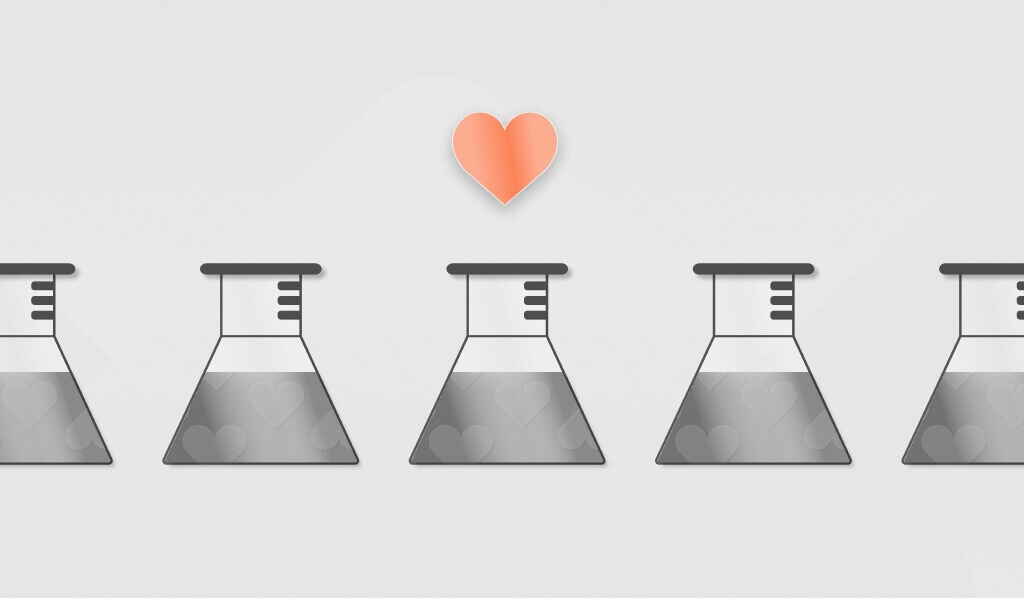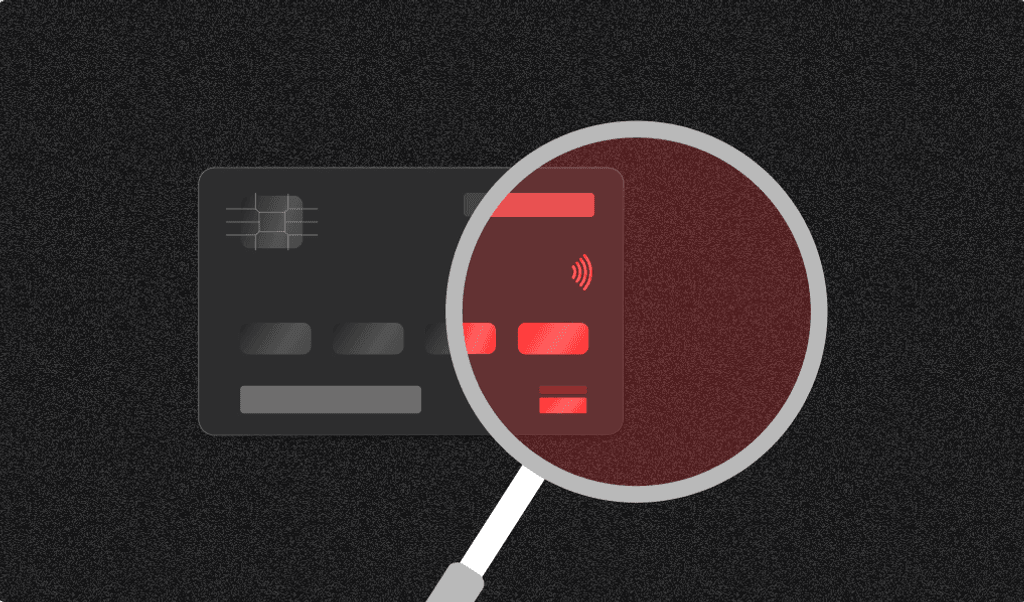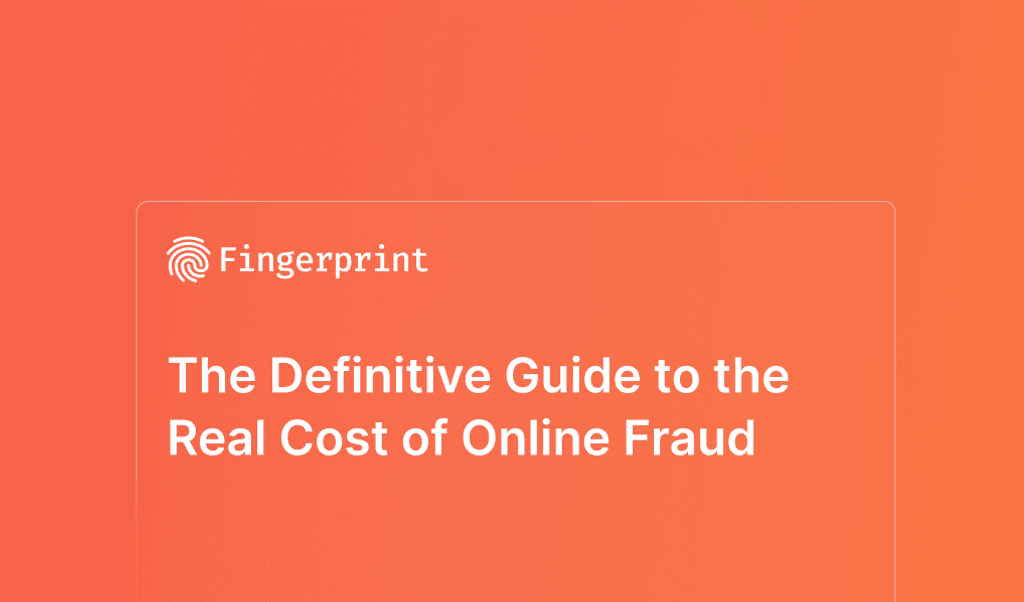
Summarize this article with
Love is patient, and love is kind… But not always on the internet.
While online dating isn’t without its everyday perils, like getting ghosted or showing up to your first date only to find that the person you’ve been chatting with is 20 years older than their profile photo led you to believe. Sometimes, online dating can leave more than just your heart completely broken.
The recent rise in online dating has also led to an increase in romance and online dating scams. In the past five years, people have reported losing 1.3 billion dollars to romance scams, the highest amount of any Federal Trade Commission fraud category. And those numbers keep climbing. In 2021, reported losses hit $547 million, an 80% increase compared to 2020 and a 600% increase compared to 2017.
Your business is likely safe from falling for dating app scams.
But this type of unromantic credit card fraud can still impact your business. Individuals who extracted money from unsuspecting dating app users or who have stolen the identity of your customers could attempt to defraud your online store.
And as a business owner, it’s always good to be aware of the tactics scammers might employ to defraud you personally.
Learn about romance and dating app scams and how to protect against them as individuals and businesses.
What Are Dating App Scams and Romance Scams?
Dating app scams and romance scams are very similar, with a few key differences. Both scams involve a person developing a fake relationship with someone else to defraud them.
Dating app scams occur when a person creates a fake profile on a dating app and attempts to extract money from unsuspecting users.
Romance scams occur when someone pretends to be in a relationship with someone else to extract money or personal information. Romance scams may or may not happen on dating apps – over a third of people who lost money to a romance scam in 2021 were first contacted on Facebook or Instagram.
In both types of scams, the scammer may ask for money via wire transfer, credit card details, gift cards, or other ways. Scammers tend to make up all sorts of stories to con people. Still, a few common dating app scams involve a made-up health or financial crisis, a temporary inability to access one’s money, or bogus investment opportunities.
Red Flags of Dating App Scams
Romance scams may sound easy to spot, but some scammers can be incredibly persuasive. For example, Simon Leviev, the subject of the Netflix documentary The Tinder Swindler, defrauded women of an estimated $10 million. And even average scammers can still make a significant dent in a victim’s finances – the median individual reported romance scam loss in 2021 was $2,400.
Here are a few romance scam red flags to look out for:
- Requesting money before you’ve met in person
- Requesting cryptocurrency, gift cards, or wire transfers, even for a convincing reason, makes it easy for scammers to access the money quickly and make it hard for victims to get it back.
- Requesting personal information like your address or date of birth
- Making up excuses for not meeting in person
How to Protect Against Dating App Scams as an Individual
Dating app scams are on the rise, but it is possible to avoid falling victim to them. Follow these rules of thumb to keep your money safe – so you can focus on falling in love with genuine dating app users rather than pernicious scammers!
- Never send money to someone you’ve only communicated with online or on the phone, primarily via cryptocurrency, numbers on a gift card, or wire transfer.
- Don’t act on the investment advice of strangers.
- Don’t give out personal information to someone you don’t know, especially your birth date, address, social security number, or credit card details.
- Tell your family and friends about your new love interests – if they think the situation sounds shady, it may be.
- Conduct a reverse-image Google search of your online beau’s profile pictures. If personal details don’t match up, the individual you’re talking to is likely using a fake profile.
If you have already been involved in a romance scam, contact your local law enforcement agency and file a report online at www.reportfraud.ftc.gov.
How Can Romance Scams Affect My Business?
Though the “scam” part of romance scams typically occurs before a purchase is made on your website, it’s in your best interest to avoid ALL fraudulent purchases. Scammers committing credit card fraud by checking out with stolen credentials or making purchases with stolen funds can result in cumbersome chargebacks, devastated customers, and loss of revenue.
What’s more, if a scammer has defrauded individuals with a romance scam, who’s to say they won’t try and cheat your business in other ways?
How to Prevent Romance Scammers from Defrauding Your Business
It’s possible to prevent romance scammers from defrauding your business – even scammers using highly sophisticated methods. Here are a few simple tools and processes to implement in your online store to prevent this specific type of fraud from harming your bottom line:
- Educate your customers about fraud. Simply linking to an article like this one can go a long way in letting your customers know what’s out there and how to protect against scams.
- Use a fraud and identification solution like Fingerprint. Using device fingerprinting technology, Fingerprint helps identify suspicious users with previous chargebacks, failed payments, and fraudulent activity, even when they attempt to conceal their identity.
Keep an eye out for common signs of fraud. Substantial purchases, multiple orders, and failed attempts within a short time can signify romance scammers placing illegitimate orders using stolen credit card credentials.



